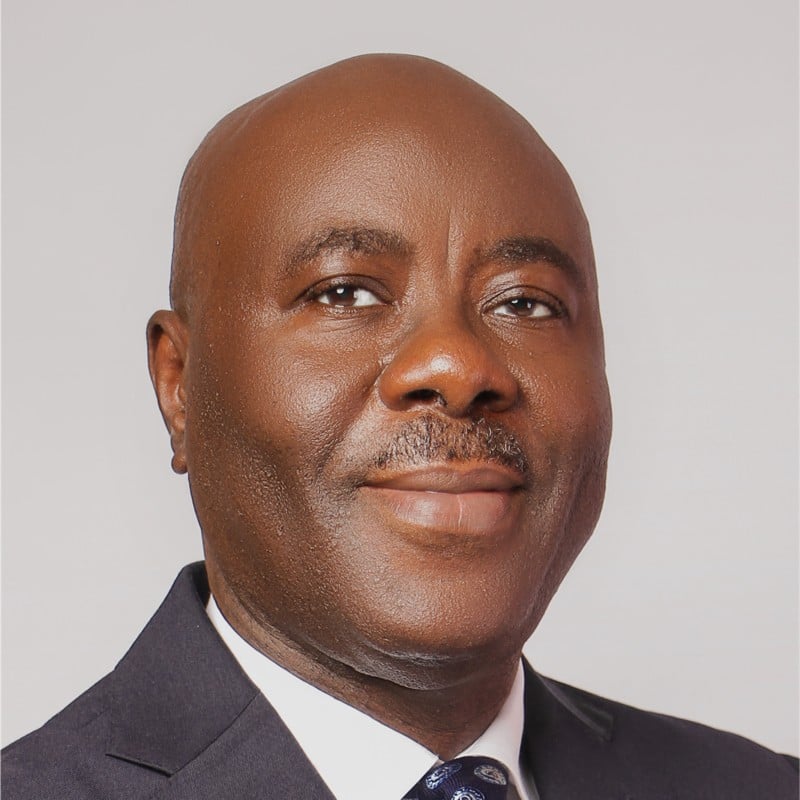Lagos State has continued to strengthen its position in Nigeria’s capital market as the government’s latest bond issuance received overwhelming support from investors. The Lagos State Commissioner for Finance, Abayomi Oluyomi, expressed excitement during the Association of Issuing Houses of Nigeria Investment Banking Awards Dinner, where he announced that the state’s two new bonds were oversubscribed by about 70 per cent.
The state successfully issued two bonds totalling N244.82bn under its N1tn Debt and Hybrid Instruments Issuance Programme. The bonds include the first-ever subnational green bond in Africa, priced at N14.82bn, and the larger N230bn Series 4 Conventional Bond. The level of interest shown by investors signals strong confidence in Lagos State’s governance, debt management, and long-term development plans.
The green bond, which is a 5-year, 16.00 per cent fixed rate instrument due in 2030, was described as an important step by the state government towards climate-friendly and sustainable infrastructure. According to the Commissioner, the state carefully selected the projects that will benefit from the green bond, ensuring that they align with global sustainability standards and the United Nations Sustainable Development Goals. He added that Lagos received a credible second-party opinion and certification from the recognised Climate Bonds Initiative.
The N230bn Series 4 Conventional Bond, with a 10-year maturity and 16.25 per cent interest rate, is now the largest subnational bond issuance in Nigeria’s history. It also marks the biggest single issuance by Lagos State. The strong investor demand led the government to exercise the Green Shoe Option, raising the bond from its initial N200bn target to N230bn.
This is not the first time Lagos State has recorded success in the bond market. The state’s journey as an issuer started in 1987 when it raised N30m through a revenue bond to fund the Lekki Peninsula Scheme 1. A second bond was issued in 1988, raising N60m. After a long break, the state returned to the market in 2002 with a N15bn bond, followed by several issuances between 2008 and 2013 aimed at roads, water projects, schools, bridges, and hospitals. Oversubscription has remained a recurring theme in most of the state’s issuances.
Governor Babajide Sanwo-Olu said the response from investors reflects confidence in Lagos State’s long-term plans. He explained that the state received a total of N29.29bn in bids for the green bond, out of which N27.79bn fell within the approved price range. For the conventional bond, the state received N310.06bn in bids, with N304bn falling within the guidance limit.
The governor stated that the funds will be used to execute important infrastructure and social development projects. These include expanding major roads to improve traffic flow, constructing and rehabilitating highways, developing affordable housing units, upgrading healthcare facilities such as a new 280-bed hospital, installing solar power systems in schools, and building agro-processing hubs to strengthen food security.
Chapel Hill Denham acted as the lead issuing house for the transaction. The firm’s Chief Executive Officer, Bolaji Balogun, said Lagos has maintained a reputation for transparency, consistency, and innovation. He noted that many Nigerian states struggle to access the capital market due to governance concerns, but Lagos continues to stand out as a model for other subnationals. He added that the city’s rising population and economic importance make it necessary for the state to keep leveraging the capital markets.
A representative of the British High Commission, Temilola Akinrinade, said the green bond issuance was supported through a long-term partnership between the United Kingdom Government and Lagos State. She noted that the successful subscription shows that the state has the capacity to attract capital for sustainable development at a time when many countries are looking for climate-friendly financing.
The state government has also announced plans to issue N1tn worth of asset-backed securities in the first quarter of next year as part of efforts to unlock value from its assets and deepen the market. At the Investment Banking Awards, the Group Managing Director of Afrinvest, Ike Chioke, said Lagos has continued to enjoy investor support because of its discipline and full compliance with PENCOM rules, which makes its instruments attractive for pension fund administrators.
Chioke said pension funds control over N20tn in assets, and Lagos is among the few subnational governments that can access this pool of capital directly. He advised other states to improve transparency and build proper structures so they can also benefit from the capital market.
